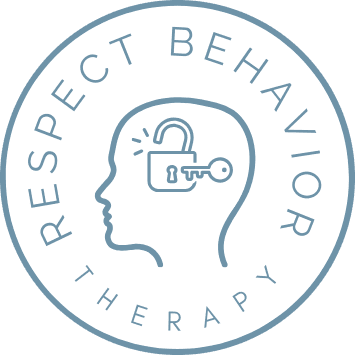The Diagnosing Dilemma: Should BCBAs be Allowed to Diagnose?

The role of Board Certified Behavior Analysts (BCBAs) has undergone significant expansion and scrutiny in recent years, particularly regarding their scope of practice. One highly debated question that has emerged is whether BCBAs should be permitted to diagnose mental and behavioral disorders. This blog post will explore various angles of this complex issue, weighing the arguments for and against.
What is a BCBA?
A BCBA is a professional certification for those trained in Applied Behavior Analysis (ABA). They work to assess and treat behavioral challenges, often focusing on individuals with autism or other developmental disorders. They employ data-driven methods to understand and modify behavior but typically do not conduct comprehensive mental health assessments.
The Case for Allowing BCBAs to Diagnose
- Expertise in Behavior: BCBAs have in-depth knowledge of behavioral patterns and may identify underlying issues that can lead to a specific diagnosis.
- Accessibility and Convenience: Allowing BCBAs to diagnose could make the diagnostic process more accessible and quicker for families already working with them.
- Holistic Approach: By being involved in both diagnosis and treatment, BCBAs might provide a more cohesive and continuous care pathway.
The Case Against Allowing BCBAs to Diagnose
- Lack of Comprehensive Training: BCBAs are trained to analyze behavior, not to conduct comprehensive psychological or psychiatric assessments. Allowing them to diagnose might lead to oversights or misdiagnoses.
- Potential Conflict of Interest: Since BCBAs often provide treatment, there might be a conflict of interest if they are also involved in the diagnostic process.
- Legal and Ethical Considerations: The legal scope of practice for BCBAs varies by jurisdiction, and expanding their role to include diagnosis might necessitate a considerable legal and regulatory overhaul.
Professional Opinions
Professional organizations and licensing boards have different stances on this issue. Some argue that BCBAs should focus solely on their area of expertise, while others believe that with proper training and oversight, their role could be expanded.
Conclusion: A Complex Matter
The question of whether BCBAs should be allowed to diagnose does not have a straightforward answer. While their expertise in behavior might be seen as an asset in the diagnostic process, concerns regarding training, ethics, and legality are significant and cannot be overlooked. Ultimately, this issue might best be resolved through collaborative efforts between BCBAs, psychologists, psychiatrists, and regulatory bodies. Together, they can define the boundaries and responsibilities of each profession, ensuring that the needs of the individuals and families they serve are met with the highest standards of care and professionalism. In a world where mental and behavioral health needs are increasingly complex, defining roles and collaboration across disciplines is not just a theoretical debate; it’s an urgent and practical necessity. It demands attention, dialogue, and thoughtful action from all stakeholders involved.
